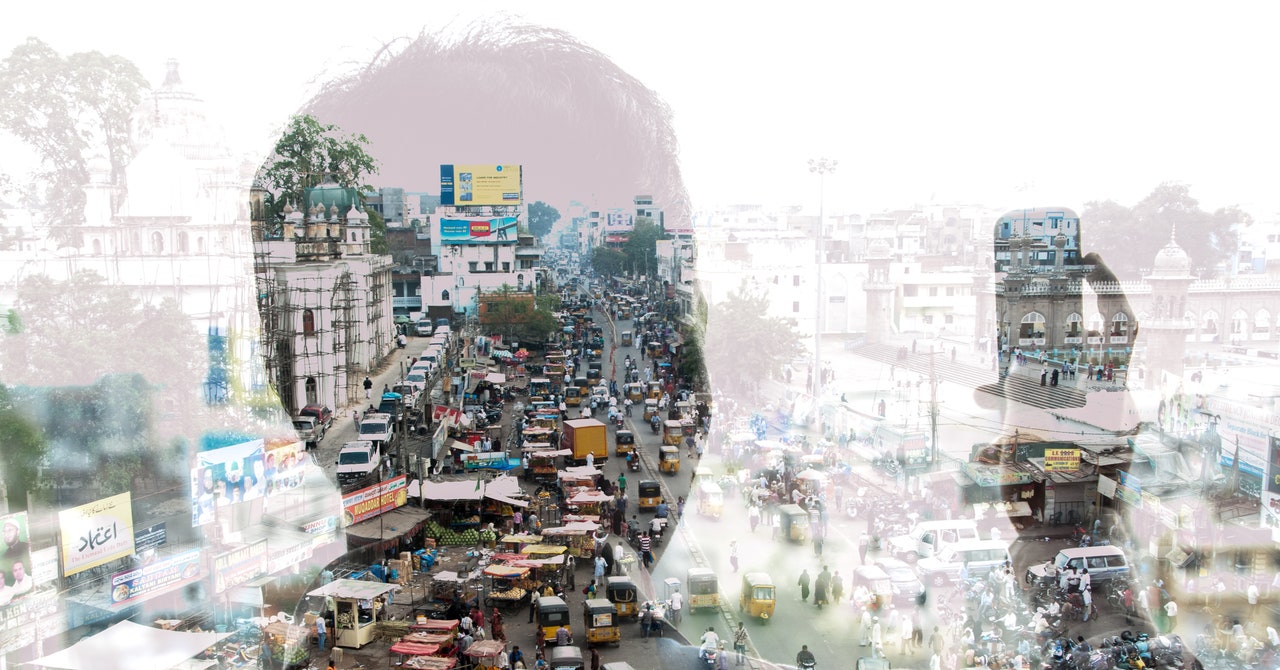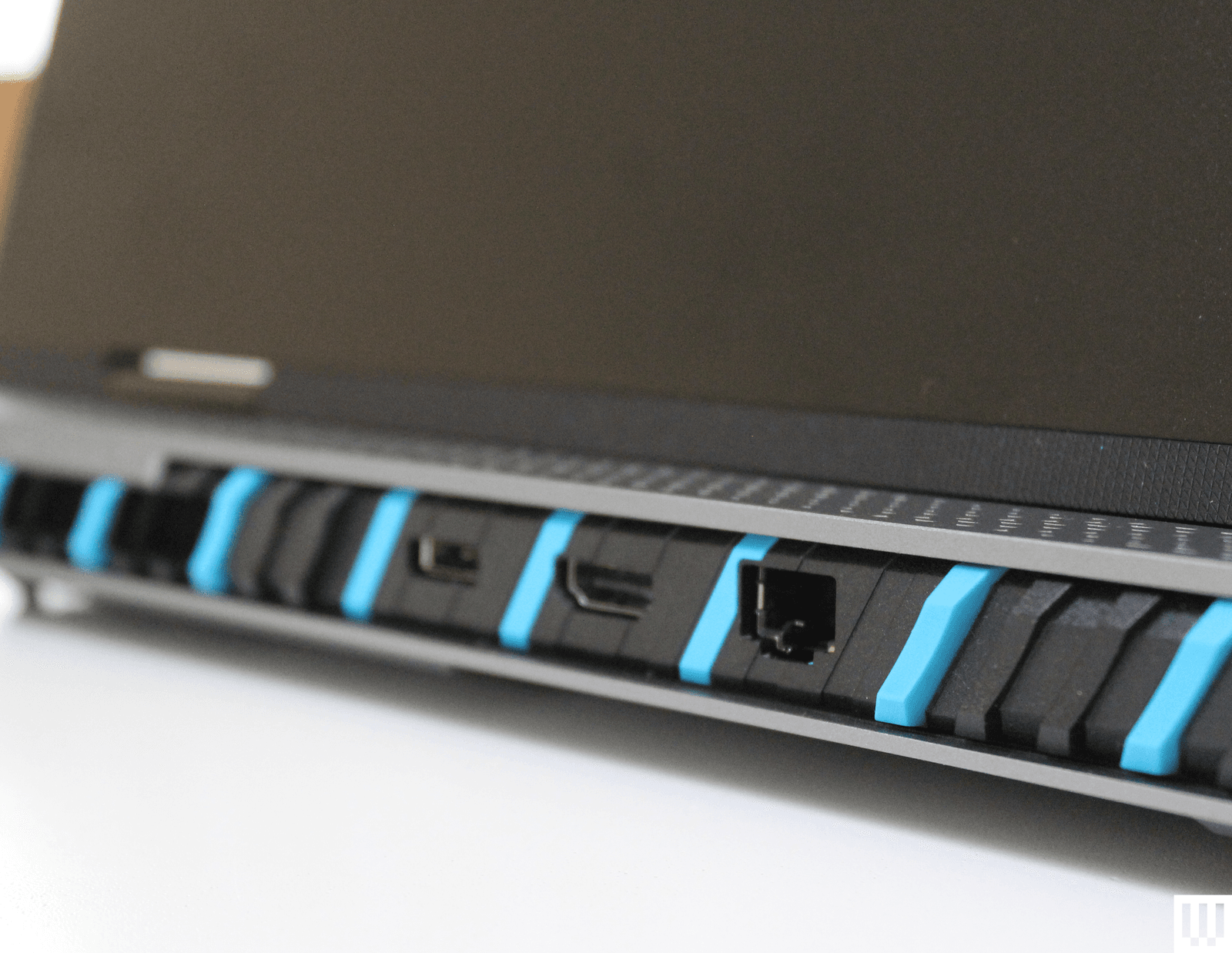
Vivo represented 15.8 percent of the Indian phone market in the third quarter of 2024 according to IDC, comfortably overtaking Samsung. It’s no newcomer, either. Vivo was India’s third-place brand as far back as 2018, according to Canalys.
It has produced some great phones and pushed the envelope in phone camera tech in particular, claiming firsts for the use of a gimbal sensor stabilization in 2020’s Vivo X50 Pro and, later on, pixel shift in the Vivo X60 series.
If you are among those who have not encountered a Vivo phone before, you might assume it’s a local brand, an Indian one. It isn’t. Vivo is from the BBK group of phone manufacturers, alongside Oppo, OnePlus, Realme, and others. These are all Chinese companies, under a parent company large enough to cast a Lovecraftian shadow. These Chinese brands are responsible for shaping where the Indian phone market is in 2024.
“Because of cheap data and the entry of the Chinese brands into India over the past seven, eight years, [Chinese manufacturers] really democratized the price points,” says Singh.
A decade or more ago, trade shows were packed with feature phones made for developing markets like India. Feature phone dominance has been flipped, and India is now entering a stage where, just like the West, the public is more accepting of and more able to buy higher-priced phones.
“’Value for money’ has been the common psyche of an Indian consumer, but it is shifting swiftly towards buying more premium phones,” says Neil Shah, vice president at CounterPoint Research. “The phone has become central to every user, with a higher ROI than even buying a car, house, or insurance. Consumers are seeing smartphones as more of an investment opportunity.” A phone, in India, can at times be everything.”
The data backs that up. According to Counterpoint, the average sale price of a smartphone in India has risen from $192 in Q3 2020 to $293 in the same quarter in 2024.
It is this effect that has helped Apple perform so well in India, with an almost 60 percent reported increase in market share from Q3 2023 to 2024, according to IDC figures.
“Considering that the average selling price of Apple is so high, it’s an achievement that Apple has done well in the past few years,” says Singh. “One of the major reasons is Apple is seen as an aspirational brand in India. It has a brand halo. Everybody would love to buy an iPhone. Not everybody can afford one.”









